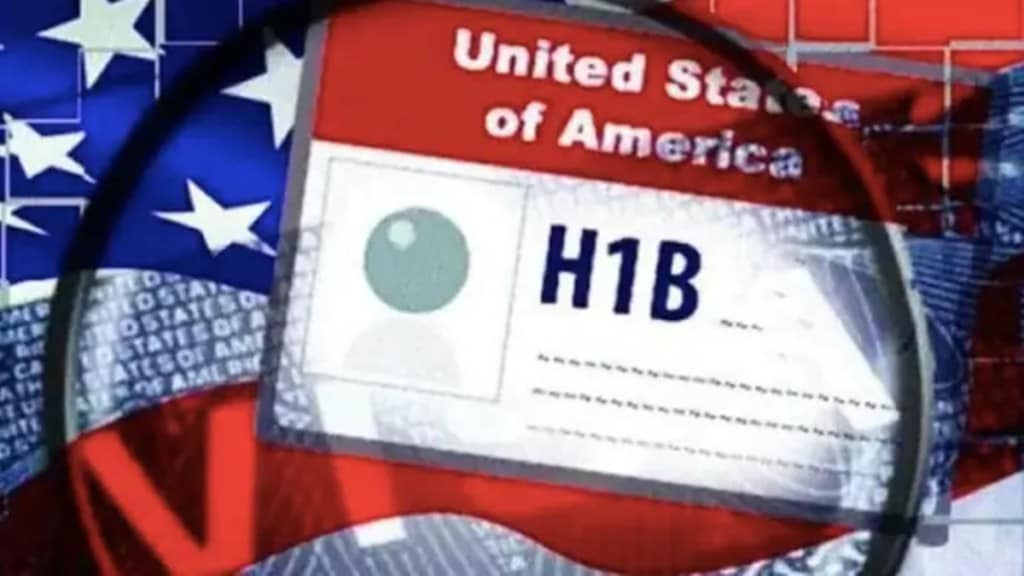A Republican government, headed by Donald Trump in the United States could impose stricter regulations for Indian software services firms including higher wage requirements for local employees, say experts. Should the Democrats retain power, Kamala Harris’ administration may ease restrictions and allow for greater H1B visa access. This would benefit Indian IT firms by enabling them to deploy more talent to meet US demand. The Biden administration worked to modernise the H-1B system, enhance transparency in the lottery system and prevent fraud.
Indian IT firms, including Tata Consultancy Services (TCS), Infosys, and Wipro, are among the largest recipients of H-1B visas.
Anupam Shukla, Partner at Pioneer Legal, said that historically, the Indian IT sector has performed better under Democratic administrations with a generally positive stance towards tech and innovation.” Harris’s administration could also consider legislative reforms to increase the H-1B visa cap or develop pathways for highly skilled immigrants,” Shukla said.
Nilesh Tribhuvann, Managing Partner at White & Brief – Advocates & Solicitors said that under a Trump administration, a return to stringent H-1B regulations, rigorous scrutiny and restrictions could be expected. “This would likely compel Indian IT companies to adapt by investing further in local hiring and onshore talent pools,” he said.
During Trump’s previous term, the Indian IT industry experienced increased denial rates, tighter eligibility criteria, heightened wage requirements and extended processing times, impacting their ability to staff projects efficiently. These restrictive measures prompted many firms to explore alternative visa categories, such as the L-1 for intra-company transfers. Shukla added that stricter visa regulations could limit the number of skilled Indian workers able to support US clients, potentially increasing operational costs for Indian IT firms.”
In 2020, the Trump administration introduced an interim final rule aiming to increase the required minimum salary for H-1B visa holders significantly, a move that many viewed as a barrier to hiring foreign workers. Beyond the wage increase, the Trump administration had proposed a narrower definition of “speciality occupations” to limit H-1B eligibility. “If these policies return, companies relying on H-1B visas may face increased hiring costs and a potential talent shortage,” Shukla said.
“In response, Indian IT firms may need to explore alternative visas like the L-1 for intra-company transfers or the O-1 for individuals with extraordinary skills. However, these options are more specialised and may not fully compensate for the scale of talent mobilisation previously enabled by H-1B visas,” Tribhuvann said. “Such shifts would increase operational complexities, adding pressure to strategically manage costs and project timelines while complying with changing regulations,” he added.
KN Murthy, consultant with Gateway Abroad, noted that the re-election of Donald Trump would impact IT firms adversely in the short term. “In the case of Kamala Harris, we expect a status quo. With Trump, it’s a perception issue. So far, he hasn’t said anything negative against the Indian immigrants. He basically wants to control the illegal immigration into the US.”

